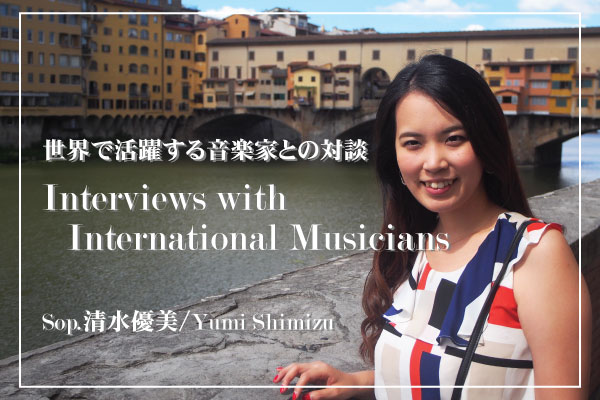
A conversation with Maestro Massimiliano Caldi, Principal Conductor of the Subcarpathian Philarmonic “A. Malawski”, winner of the first absolute prize at the Fitelberg International Conducting competition. Born in Milan in 1967, he is one of Italy’s leading conductors of his generation.
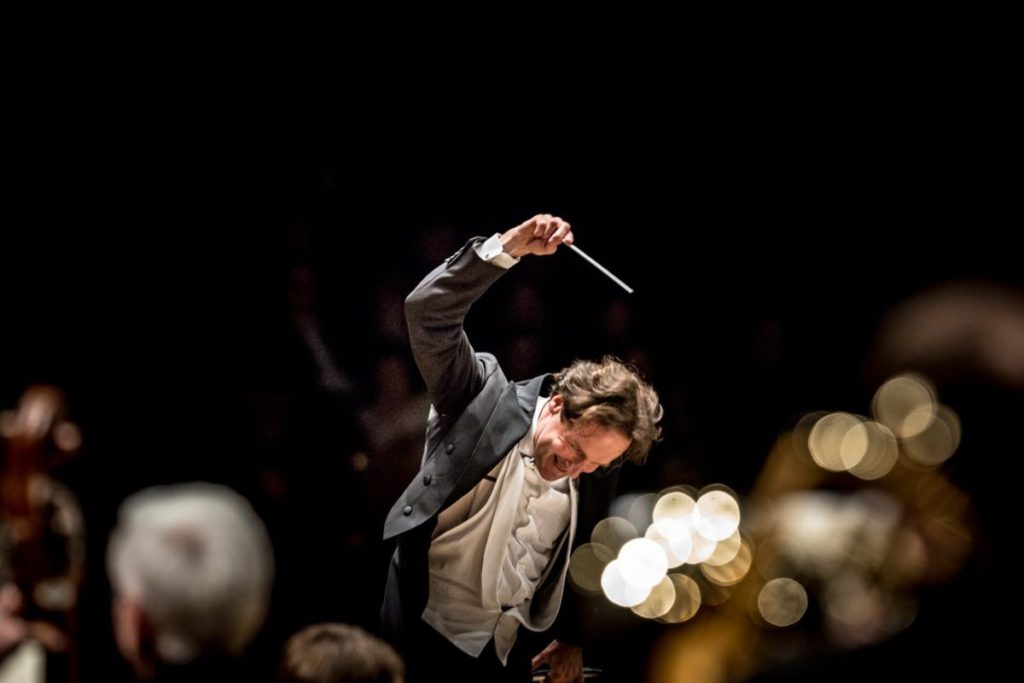
© Dariusz Kulesza
We join the Maestro, albeit virtually, in a Skype conversation on November 30th, 2020. We find him in his hotel room in half-deserted and cold Krakow. He is preparing a concert with the Krakow Philarmonic Orchestra to be live-streamed on the occasion of the 20th anniversary of his debut in the famous Polish city. Our long and pleasant conversation reviews his studies, his remarkable international career and the current difficult situation of culture and classical music in the midst of the COVID-19 pandemic.
Dear Maestro, thanks in advance for sharing your time and experience with us! Let’s start with your origins. Why did you get passionate about being a conductor?
It all started when they put me to do chamber music with other instruments and therefore I brought (metaphorically…) my piano outside home and I started to play with other instruments. I was studying at Milan’s Scuola Civica and there were two classes at the time, ensemble music and chamber music. For ensemble music there were only two instruments and a pianist was required to accompany violinists and cellists during their exams. For the class of chamber music, groups were larger, a quintet for piano with four wind instruments was playing and there I started to say my opinion on how to improve pieces before the teacher arrived. I suddenly understood what I was missing when I was studying alone from dawn to sunset: I understood that music is first of all “sharing” something. To me this meant that I was not born as a soloist. All great soloists are, indeed, soloists… It’s alienating: 11-months long tours, playing almost every evening, travelling from America to Europe and elsewhere. They land, play, barely know where they are and then take-off again. For conductors, at least, it’s different. I can always share something, I stay for at least a week in a given place, see many faces, try to look musicians in the eye and once I finally get to my podium anxiety is gone. Once you are in front of the orchestra, you don’t feel alone anymore, you’re finally in the middle of a group of people and can play music with them. This morning, for instance, it was wonderful to start Beethoven with them, because we were in a hall that I know very well, exactly where I was 20 years ago, in December 2000. In sum, I started to enjoy being a conductor once I got through chamber music, via my piano. I always say that piano for me was instrumental to get somewhere else.
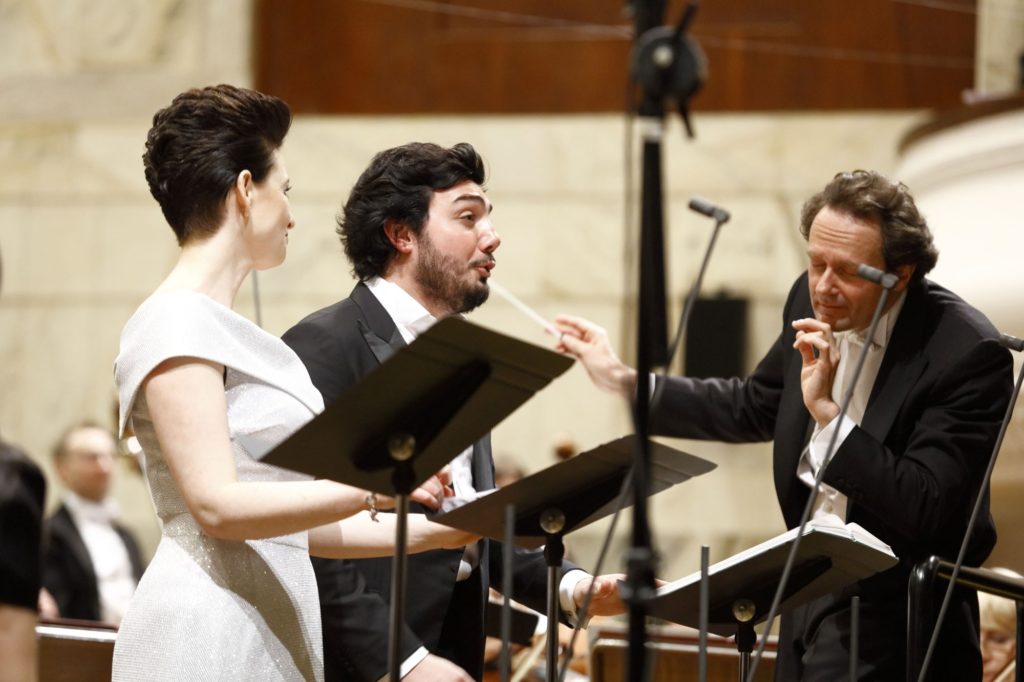
(Warsaw, National Philarmonic Hall, Sala della Filarmonica Nazionale – Ludwig van Beethoven Easter Festival, 2017©Bruno Fidrych)
That’s a very clever description!
Thanks, but I really feel it this way. In piano scores you can “find” an entire orchestra, I was very much esteemed as an accompanying pianist, because I enjoyed sharing these music classes with others. Maybe sometimes I was not technically perfect, but I followed the soloist and got used to his dynamics, something I still do with soloists and they still tell me “how good you are at accompanying pianists!”. It’s because I come from that experience. I enjoyed playing with others much more than I enjoyed playing alone. This was my spur, maybe it’s because I’m an only child, I was always alone at home, therefore for me music is about sharing something with others.
Fascinating! So where did you study and with which teachers?
My studies began at Milan’s Civica school, with maestro Franco Gallini, who unfortunately died four years ago. He came from a family of musicians and conductors and his father even had a famous shop of instruments and music sheet.
This maestro saw me during my admission exam and brought me under his wing in his class and at the end of the first year asked me to conduct the school’s recital. He said it was the first time he had one of his students conducting an orchestra in the first year of study, but that he felt confident having me on the podium. It was crazy, as I had to conduct Stravinsky… but in reality all went very well. I owe so much to maestro Gallini and to my piano teacher Paola Girardi. A great teacher is not one that does much for his student later on, but one that leaves a profound legacy to him. I got my diploma, however, after passing exams in various conservatori in Italy. After that, I studied at the Accademia Musicale Pescarese under the great maestro Donato Renzetti, and at Siena’s Accademia Chigiana, under Myung-Whun Chung and Yury Temirkanov, where I passed with merit. I also studied at the Wiener Meisterkuerse fuer Musik in Vienna and under Daniele Gatti for the project “Young European Conductors” at the prestigious Fiesole Music School. I also went to Hungary and Romania, where there were a series of masterclasses held by a maestro who later asked me to become his assistant. It was a great training ground. I have been in Hungary for two years, with an apartment and a salary as an assistant to this maestro, who usually said: “I changed my mind, in a week’s time, you should start rehearsals with the orchestra with Dvořák’s Ninth, Schumann’s Eight, Brahms’ Fourth…”. I just had one week to study things that I usually studied in three months! Sometimes he just said, suddenly, during rehearsals, “now you go ahead conducting”, after which I panicked and asked “Excuse me, maestro, what exactly are you conducting?” and I had to go up on the podium, in front of such talented musicians… it looked so difficult, but in the end everything always went well. Which, incidentally, made me doubt about the actual need of studying so much in advance… you understand it much later in life.
My approach is studying and “cleaning” the music’s score until you get to what you presume the composer’s original message to be. My PhD thesis, which I just delivered at Warsaw’s university, has exactly this topic as title: “Mascagni’s Cavalleria Rusticana: loyalty to the score or performing tradition?”. Of course, loyalty to the score is my answer, which I take 90 pages to explain. I believe that Mascagni’s manuscript is indeed even more beautiful than he himself conducted it, as he did it 50 years after composing it. Incidentally, I will discuss my thesis via Zoom, as most other students… I decided I will wear my tie and invite my family at home…

( Ars Cameralis Silesiae Superioris Festival Pszczyna, 2009)
One never stops studying, I imagine, but how did your career actually start then?
My first concert was on June 2nd 1989, 31 years ago now. There was no social media then, but that evening was kind of a “big bang” whose sparkle ignited a series of chain reactions. Rumours that I had become a conductor started to circulate and it all took off. Of course, help is always necessary when you start. But after my first concerts, I started to appear on newspapers and therefore to cut, copy and send those articles to other institutions in order to spread the word and find new opportunities. I took note of all concerts I conducted with my Parker fountain pen and we’re now at 1200 and counting…
In the first years it was only two or three concerts each year, then suddenly they became sixty. Years later your agenda is full and maybe that’s what a career is all about. But when you’re in it, you barely notice, you always think you’ve just started. It’s like a summer holiday, really. On the first day you say “there’s plenty of time”, but you soon get to the 15th of August and say “oh, already?”. Life is exactly like this. You then look at your watch and notice thirty years have passed. I’d say that when you notice time passing by, it means something’s wrong. If you don’t, it means that thank God you’re doing plenty of things and every ten years you just say “well, ten more years have passed!”. This was my career, you don’t really know how things start, you just do them, and from one thing another naturally follows.

(Krakow Philarmonic, 2020)
Was it the same also for your career in Poland? A natural flow of connections and events?
Actually no, Poland came from a precise event. In November 1995 I went to Poland after having applied to a competition for a post of conductor, the fifth edition of the Fitelberg contest in Katowice. I was not familiar with Poland, but I immediately noticed much interest for culture and music, many orchestras of young musicians, music schools. Unfortunately, I lost the competition then, but four years later I applied again and won. As the concert at the end of the competition was broadcast on live tv at prime time, contrary to what would happen in Italy, everything started from there and I suddenly became popular. I still happen to meet 30 years old musicians who say that they were watching that concert on tv as children, with their parents saying “look at this new Italian conductor who won the contest” and hence got inspired to study music…
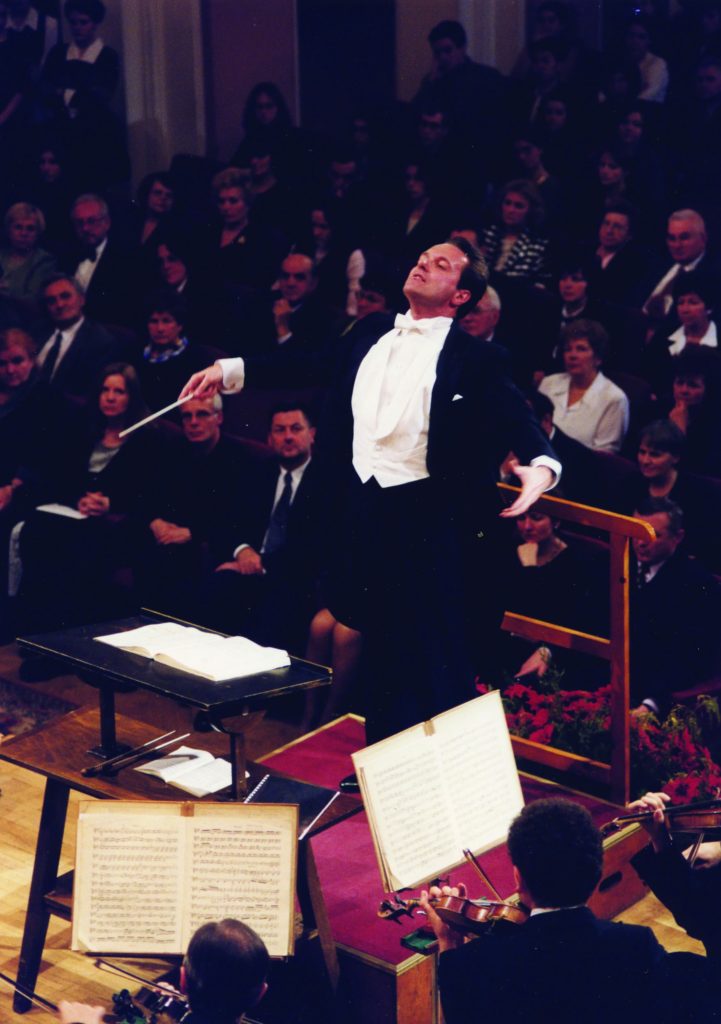
(First Fitelberg prize– Katowice, 1999)
In the next episode of the conversation with Maestro Massimiliano Caldi, we’ll learn more about the difference in music culture between Poland and Italy and also how he experienced lockdowns during the pandemic, with the many negative repercussions against live music across Europe. He will also provide some valuable suggestions to music students, so stay tuned!
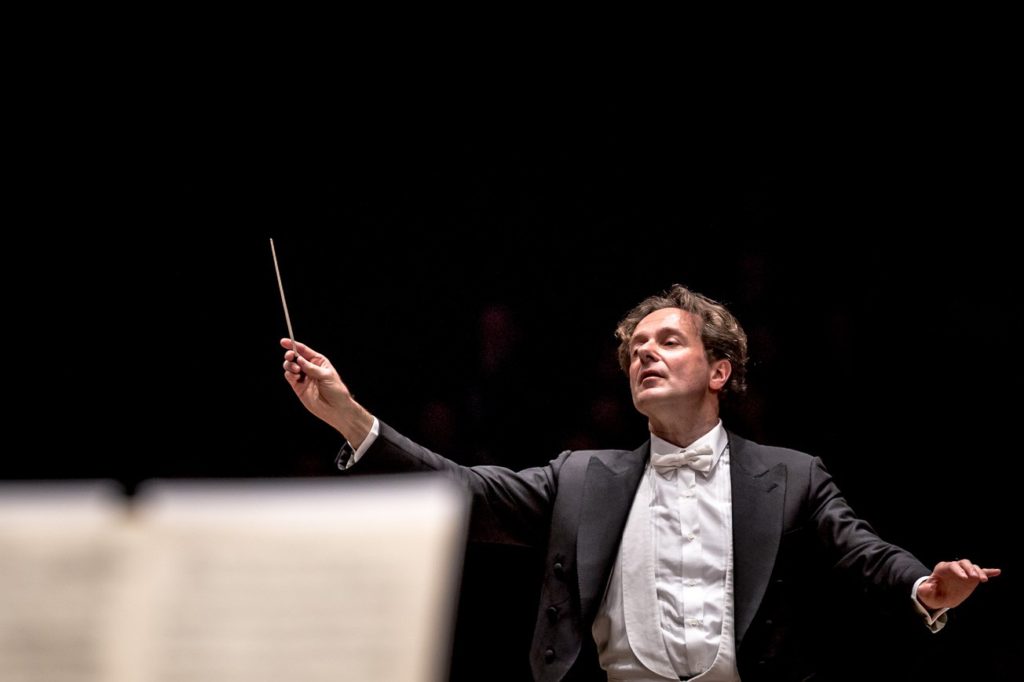
(Łódź, “A.Rubinstein” Philarmonic hall, 2017© Dariusz Kulesza)
Massimiliano Caldi
Official Site: http://massimilianocaldi.it
Official Facebook: https://www.facebook.com/massimilianocaldidirettore
Contact: massimilianocaldi@gmail.com